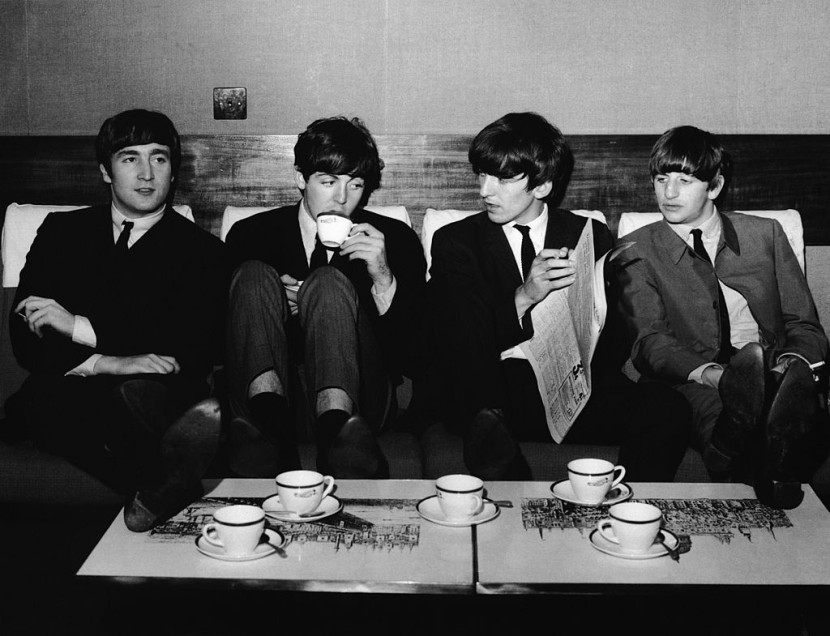
After a terrible night and waking up feeling groggy, the first instinct is to drink the biggest and strongest coffee. A new study from the University of Bath suggested to your groggy self that this is not the best idea. They recommend drinking coffee after and not before breakfast instead.
Waking Up to Coffee is a Bad Idea
Drinking coffee first thing in the morning could adversely affect blood sugar control which makes one susceptible to heart disease and diabetes.
According to Professor James Betts, professor and co-director of the Centre for Nutrition, Exercise, and Metabolism at the University of Bath in the United Kingdom in a press statement, "We know that nearly half of us will wake in the morning and, before doing anything else, drink coffee -- intuitively the more tired we feel, the stronger the coffee. Up until now, we have had limited knowledge about what this is doing to our bodies, in particular for our metabolic and blood sugar control," reported WRCBtv.
The best way to avoid the dilemma is to have a good breakfast first and then drink coffee if you feel that you still need the kick. University of Bath researchers assessed the effect of disrupted sleep and immediate coffee across a series of metabolic markets.
Consuming coffee first thing in the morning may cripple your long-term health so it is best to drink after breakfast and not before. This was backed by a small study.
The Study
The new study had 29 participants who were asked to drink coffee before breakfast after a disturbed night's sleep and a glucose drink following disturbed sleep in another experiment. In a third experiment, the participants consumed the glucose drink following a regular night's sleep, reported Slash Gear.
The results were favorable excluding those who regularly drink coffee upon waking up. A single night of sleep was not found to have an effect on the body's capacity to process the sugar in their breakfast but that was only true if they did not drink coffee first. After the participants were commanded to drink strong black coffee after a groggy night's sleep, according to blood tests, their body had a reduced capacity to process blood sugar.
Upon getting up and consuming similar in calorie content to a typical breakfast meal, their blood sugar an estimated 50 percent higher than when without drinking. The caffeine in the beverage reportedly alleviates absorbing the sugar, reported Daily Mail.
The researchers noted that a night of disturbed sleep did not aggravate the volunteers' blood glucose and insulin responses in contrast to the normal night's sleep. This is contrary to earlier studies indicating that losing several hours of sleep or many nights of disrupted sleep can have an adverse effect.
According to Betts on drinking coffee after and not before breakfast, most breakfast meals consist of much carbohydrates so it makes sense to suggest that the same effect would result from other typical breakfast foods. Obviously, he stated, if you consume a breakfast that was lower in carbohydrate, it would significantly reduce (or even remove) the rise in blood glucose after eating," reported CNN.
Related Article : How to Live Longer By Drinking THIS Healthy Tea








